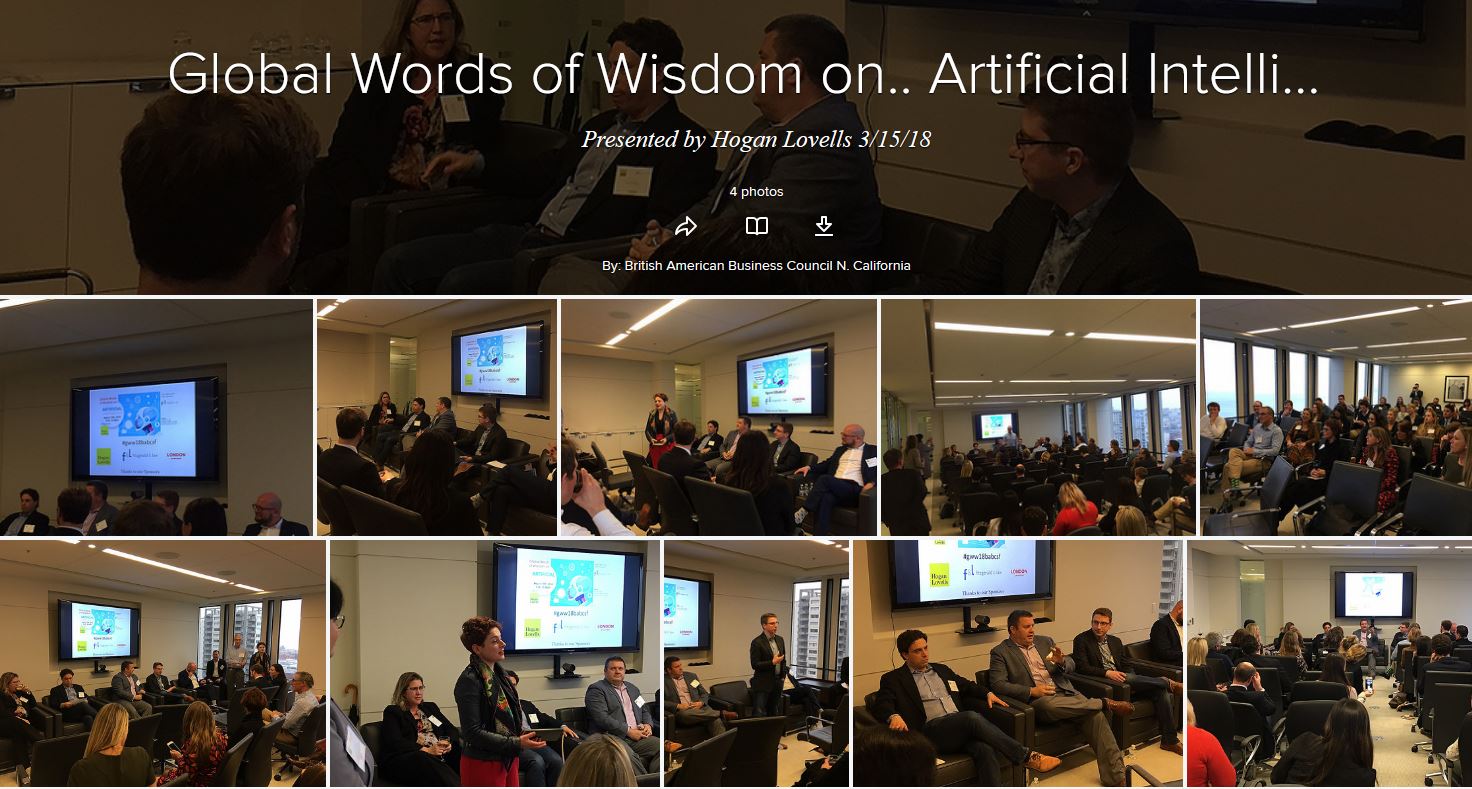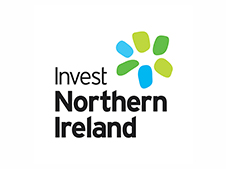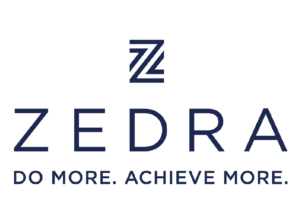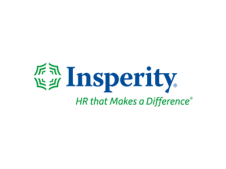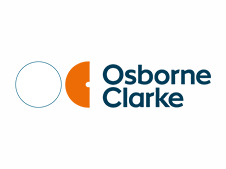On Thursday March 15
th, the BABC hosted its 4th annual Global Words of Wisdom event. This year the focus was on artificial intelligence, with an impressive panel of experts from various fields providing their perspectives on the many aspects of the AI topic, including current trends and applications of AI, issues we have seen or may expect to see with AI, and some predictions for what the future of AI might look like.
Andrew Lindquist of BABC Premier Member
Fitzgerald & Law moderated the evening’s panel of Theo Blackwell, the first Chief Digital Officer for the City of London; Yarmela Pavlovic, a partner at Hogan Lovells with a wealth of experience dealing with firms who utilize AI within medical science; Jonathan Miranda, the Director of Strategy for Salesforce; Avi Tuschman, founder and CEO of Pinpoint Predictive; and Robin Bordoli, founder and CEO of Crowdflower.
After a drinks reception in Hogan Lovells’ impressive office space at the Embarcadero center guests were seated, and Laura Citron, CEO of
London & Partners, gave some opening remarks. Laura noted that London & Partners were proud to be involved with the event, particularly given London’s important role in the development of AI so far, and the continuing importance of London and the UK as AI hubs.
Andrew then began the discussion by noting the prevalence of the term artificial intelligence and asked for the panelists take on what it means to their industry. Theo Blackwell noted the importance of AI in the development of smart cities, utilizing the most important asset, citizens, and their data, to grow jobs and improve public welfare. He sees that the future of public service is in how we organize and utilize civic data for public benefit. Jonathan Miranda spoke of Salesforce customers’ concerns about what AI might mean for their jobs, and how automation might affect them. He argued that despite the fact that automation will be a very disruptive force for certain jobs, AI is currently at the point of improving human intelligence, by automating simple tasks to enable new capabilities. Robin Bordoli explained that his company had experienced applications of AI across a number of industries, and that real-world AI is a combination of humans and machines, with humans important for the oversight of AI. Avi Tuschman spoke of the importance of accurate data and also spoke of his hope that we will see the development of scientific standards of data which will make AI applications such as Pinpoint’s more accurate. Yarmela, speaking of the applications of AI in medical science, expressed her reluctance to use the term AI, as it can give some incorrect or negative connotations. However, she noted that in the applications she has seen, AI is aimed at replacing humans in a way that helps to deal with the shortage of doctors and medical staff, or at augmenting work flow so that resources can be targeted most accurately.
Andrew then touched on the ethics of AI and asked the panel for their view on some of the issues that surround that. Robin spoke of the importance of the algorithms and data that AI is trained on, noting that facial recognition software is often wrong because it is trained on a limited corpus. He argued that this meant that organizations need to have transparency over what data the machines have been trained with. Theo argued that cities and governments need to have an important role in the development of common standards and frameworks of how data is handled and used, to become data leaders. Avi took the view that the issues with AI and concerns people have are actually issues with human beings, as human beings using AI against one another is a more likely outcome than malicious AI itself. Theo spoke of the importance of tackling issues that arise, instead of distrusting AI as a result of problems it may cause.
The discussion over the distrust of AI continued, with Yarmela speaking of the importance of incremental change to avoid problems. The panel agreed that incremental change is important so that people don’t come to distrust AI wholesale because of mistakes that machines might make if unsupervised. Robin spoke of the importance of ‘humans in the loop’ in AI processes, so that human beings can act as a failsafe to override machines if they make mistakes, because AI lacks the judgement capabilities of humans. He cited the example of Facebooks news feed and the 2016 US election, in which Facebook took humans out of the loop on its news feed moderation, and this immediately led to fake news articles populating the feed.
This led to a discussion of the news in general, with the panel agreeing that AI needs to be used carefully, to ensure that even though sensational news may garner more clicks, it shouldn’t reduce our access to important, substantial news. Avi expressed his opinion that there should always be human oversight to determine what is and isn’t newsworthy.
The discussion then flowed through a number of issues; Avi noted the potential for AI to have a detrimental impact on human culture, and Robin expressing his worry that the economy and workforce is not prepared for automation. Jonathan agreed and argued that even though AI appears to be a development in technology in the same bracket as the industrial revolution and the internet, he sees the rate of change as potentially problematic, as traditional economic theory isn’t able to cope with this high-speed change.
Andrew then opened the conversation up to the floor for questions from the audience. The first question moved the discussion towards governance and asked the panel what sort of applications they saw for AI in addressing the challenges of governance. Theo and Robin spoke of the difficulties of using AI in some contexts, because of the importance of good data, and the difficulty digitally inputting certain kinds of data. Avi agreed that the role of AI in governance could be problematic because of the preponderance of human beings to disagree. He pointed out that machines cannot make value judgements in the way that humans can, and therefore the more important aspect of AI in governance is who is using machines, and to what end.
The next question asked the panel for their view on privacy with relation to AI. The panel had a healthy discussion over the current trends of data privacy and looked ahead to imminent arrival of GDPR. Jonathan Miranda noted the generational differences in attitudes towards privacy, as young people are more likely to share huge amounts of information for certain products. He argued that this was however not an issue if the data is handled in a transparent way. He predicted that, in the near future, its likely that we will see people being able to directly decide what data they share and have the right to be forgotten. Theo Blackwell noted the imminent GDPR regulation and expressed his hope that the regulation would be pragmatic and argued that it could be problematic for the development of good AI if people start to opt out completely of data sharing. Avi expressed some frustration at the attitude of distrust that was developing, as he argued that companies using this data generally are not focused on the individuals, but on the data and how they can utilize it.
The third question from the audience framed the AI discussion within the gender equality debate, as the audience member asked the panelists if they had any explanations as to why the vast majority of bot assistants, such as Amazon’s Alexa are named after women. Robin Bordoli pointed to a study undertaken by the city of New York to determine what the voice of their new subway system should be, which found that people were generally more positively responsive to a female voice.
Over the course of the evening, a general theme became clear; that AI should be used to enhance public life and human experience. The panel all shared in the opinion that AI should be used to make improvements to our lives and not just to further the goals of companies that use it. This theme came up in in every part of the discussion, from medical applications to commercial predictions, the panel expressed consistently that AI should be used as a force for improvement, not replacement.
With such an informed audience and panel, the discussion could have wound on late into the night with questions and answers, but eventually Andrew drew the conversation to a close, and the event ended with guests enjoying some time to network and thank the panelists for their contributions.
Thanks again go to sponsors
Hogan Lovells, Fitzgerald & Law, and London & Partners, who helped make this another successful Words of Wisdom event.
Check out some of the photos
here

